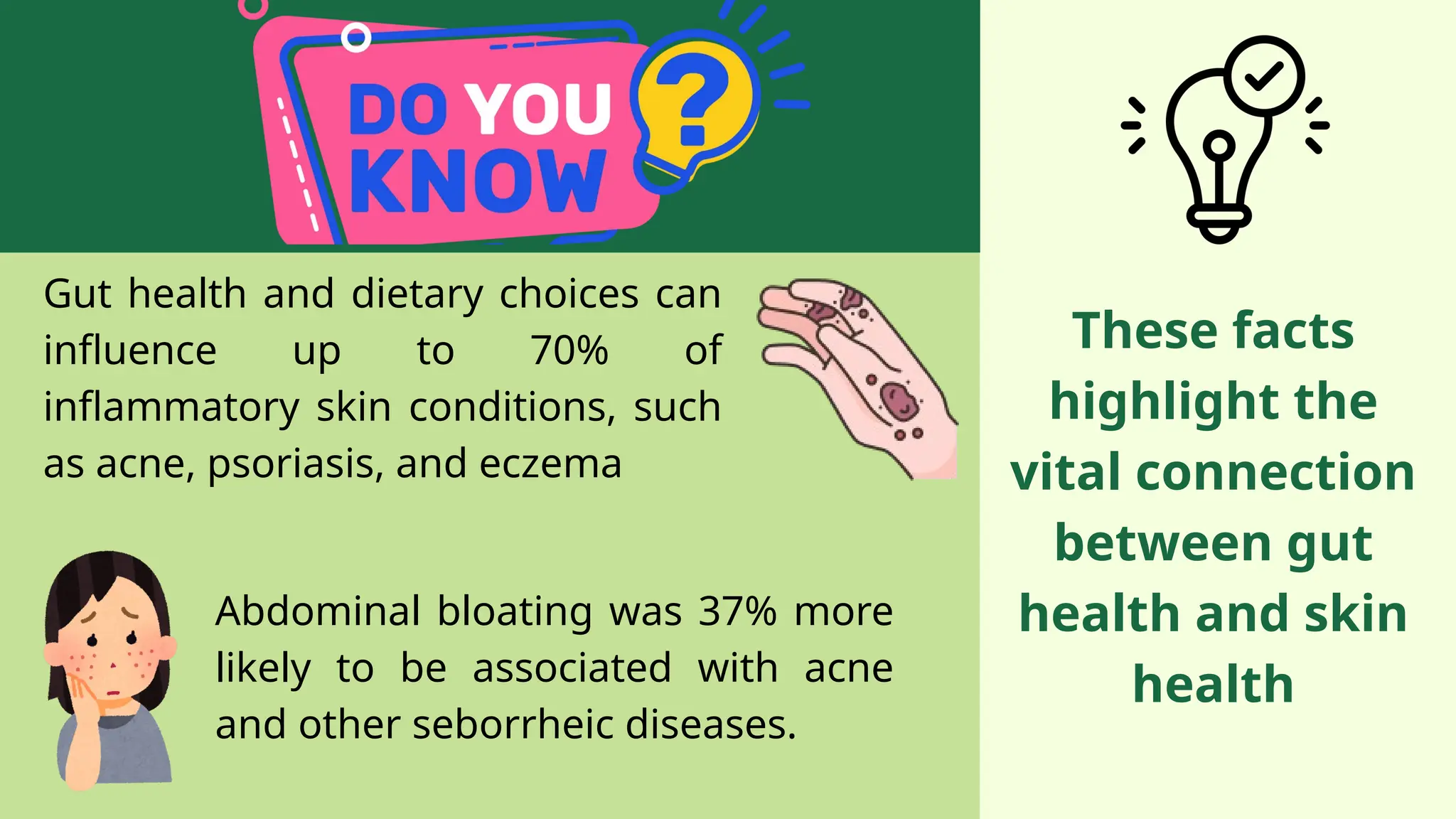Everyone has a distinctive skin type. Understanding it is key in order to effectively respond to skincare products and environmental triggers.
People with normal skin have balanced oil production and small pores, creating smooth complexions with few blemishes. But even normal skin can be sensitive.
What is Normal Skin?
Normal skin type is what most of us are born with; it features even skin tone, soft yet firm texture, small pores and rarely experiences breakouts or sensitivities.
This skin type produces sufficient sebum production to keep its complexion balanced without overproduction, leading to enlarged pores or frequent blemishes. While fine lines and wrinkles may become evident later in life, their severity remains subdued.
People with this skin type tend to be younger and possess evenly distributed oil production, making it easy for them to wash using gentle cleanser, tone, moisturize and wear makeup or sunscreen without irritation or side effects. They may experience some dryness in the T-zone; if this becomes severe they can use moisturizer tailored specifically for this skin type and even benefit from alcohol-free toners that maintain pH balance for balanced complexions that prepare their complexions for serums containing Niacinamide that help control oil production and minimize pores.
How to Know if You Have Normal Skin
Visual inspection is the best way to accurately determine your skin type. Examine it under natural lighting to look for smooth, balanced appearance without flakiness or excess shine; check clogged or noticeably enlarged pores, look out for tight or scaly patches in cold weather; as well as signs of premature ageing such as fine lines and wrinkles.
To perform a basic home test, wash your face with a gentle cleanser before leaving it bare for 30 minutes. If the skin still appears normal after this time, congratulations – you have normal skin! However, if oily patches appear in your T-zone while dry spots exist elsewhere, combination skin may be present; in this instance tailored skincare products could help. Keep in mind that skin types can change throughout life depending on factors like hormone fluctuations, environment changes and stressors etc.
How to Know if You Have Dry Skin
Dry skin occurs when there aren’t enough natural oils present to keep it hydrated and protected, leaving the complexion tight, flaky and dull with fine lines and wrinkles, feeling itchy or irritated easily, more susceptible to infections, requiring gentle yet regular application of moisturizers for treatment. You might be predisposed to having dry skin due to genetics or health conditions like eczema or diabetes; professions that frequently wash hands with harsh chemicals or soaps could also contribute to its condition.
An effective way to determine your skin type is through observation and the use of certain products. A healthy, balanced complexion that feels neither oily nor dry but smooth and supple across your entire face likely means you have normal skin; otherwise if oiliness appears only in certain spots (T-zone) but there’s dry skin elsewhere on the face (cheek areas), combination skin could be an option.
How to Know if You Have Oily Skin
Oily skin can be identified if you experience frequent breakouts and your pores are larger than average, producing excess sebum that clogs them and leads to blackheads and pimples. Furthermore, this skin type may also be susceptible to post-inflammatory hyperpigmentation (PIH), leaving dark marks after healing from pimples has occurred. For proper care of this skin type use gentle cleansers while limiting product usage.
Normal skin can be defined as skin that feels neither dry nor oily and looks flawless; if your face shines a little but doesn’t feel oily, that’s combination skin! If parts of your face, such as T-zone, forehead & nose areas appear shiny with large pores while other parts appear dry, then this skin type requires special treatment to maintain balance across its different textures; regular exfoliation with enzyme-based products tailored specifically for combination skin may help your complexion find harmony!







 Adapting Fitness and Nutrition for Long-Term Healthspan in Peri-Menopause and Menopause
Adapting Fitness and Nutrition for Long-Term Healthspan in Peri-Menopause and Menopause  The Intersection of Skin Health and Metabolic Wellness: It’s More Than Skin Deep
The Intersection of Skin Health and Metabolic Wellness: It’s More Than Skin Deep  Adapting Strength Training for Individuals with Autoimmune Conditions and Chronic Fatigue
Adapting Strength Training for Individuals with Autoimmune Conditions and Chronic Fatigue  Gentle Fitness for Long COVID Recovery and Energy Management: A Compassionate Guide
Gentle Fitness for Long COVID Recovery and Energy Management: A Compassionate Guide  The Future of Teledentistry: Remote Monitoring, Consultations, and a New Era of Preventive Care
The Future of Teledentistry: Remote Monitoring, Consultations, and a New Era of Preventive Care  Comprehensive Dental Wellness Strategies for Peri-Menopausal and Menopausal Women
Comprehensive Dental Wellness Strategies for Peri-Menopausal and Menopausal Women  The Intersection of Gut Health, Probiotics, and Acne Management: A Clearer Path to Skin Wellness
The Intersection of Gut Health, Probiotics, and Acne Management: A Clearer Path to Skin Wellness  Acne-Safe Makeup: How to Look Flawless Without Clogging Your Pores
Acne-Safe Makeup: How to Look Flawless Without Clogging Your Pores  Telehealth for Pink Eye: Managing Symptoms Without Leaving Home
Telehealth for Pink Eye: Managing Symptoms Without Leaving Home 